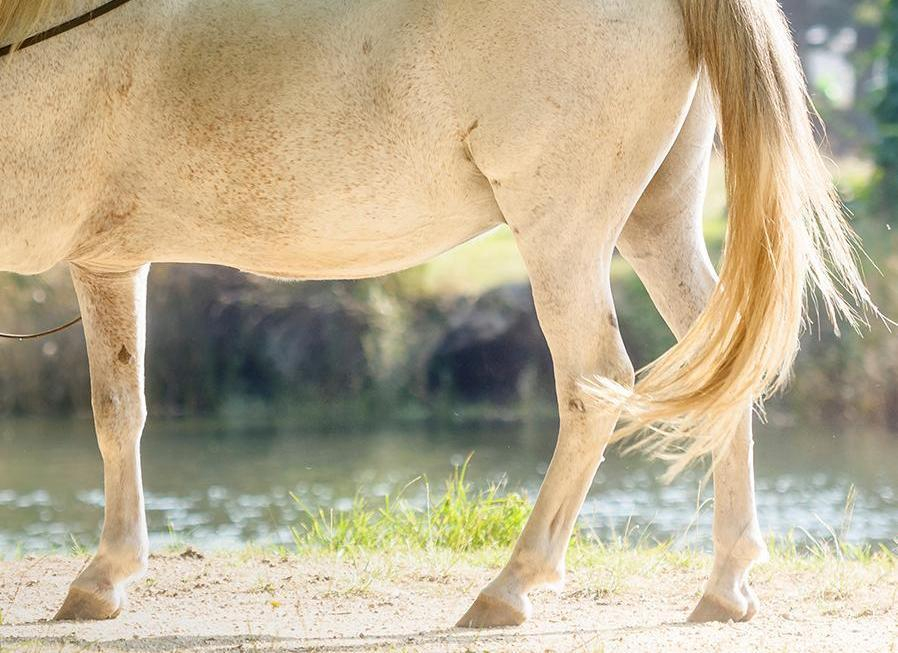
You may need to consider the following factors for a horse with chronic bladder problems:
1. The volume of water he drinks and the additives we can use to improve the healing qualities of this water.
2. Long term inflammation and irritation of the lining of the bladder walls and urethra.
3. Weakness in the bladder sphincter that now results in constant dribbling.
4. Kidney function and the management of acidity.
5. Stones and crystals.
6. Secondary infection due to weaknesses in the system.
We also need to consider them in the order above, because treating from the bottom up is likely to be ineffective. I recommend approaching the situation as follows, again in order of importance:
1. We need good clean fresh water on hand at all times. He needs at least three litres (or quarts) of Rosehip Tea each day right through the treatment program. Initially, he can be fed this with a drench gun and later on it can be added to his drinking water. This is the most important part of the program and it will be poor drinking habits which allowed the problem to develop in the first place. Rosehips are very important for #4 and #6 as well.
2. The best soothing substances to encourage and allow the healing of the mucosal lining to the bladder and other structures are Slippery Elm, Corn Silk and Marshmallow. One third of a cup of Slippery Elm Powder mixed in with the Rosehips twice daily would be very useful. Cornsilk is made as a tea by boiling up the fresh or dried silk from the corn cob. Marshmallow tea would also be great.
Cornsilk helps with acidity #4 as well.
3. Couchgrass is the most suitable herb to restore strength to the sphincter controlling the flow from the bladder. This may be added into your tea mix along with the Rosehips and Marshmallow simply enough. Saw Palmetto is another which could help.
4. Rosehips are the most important herb here and I would recommend lucerne hay as well, as it reduces acidity in the system generally.
5. High sources of Silica are important here. Hay, Celery Seed and Horsetail are very good for this. In this case it would be best to stop pellets and grains altogether for a good while and use good quality fresh hay, preferably pasture hay, rather than an irrigated and highly fertilised variety. Don't worry about any weight loss in the short term. Weight is simple to put back on once he is fixed.
6. Fresh garlic soaked in Molasses for three weeks and given daily with the molasses will be all you need to manage secondary infections. Use a small dose daily and increase it whenever the urine flow looks or smells bad when you can up the quantity and use it twice daily. Remember that initial infection is a result of damaged and inflamed tissue and not the cause of the problem.

